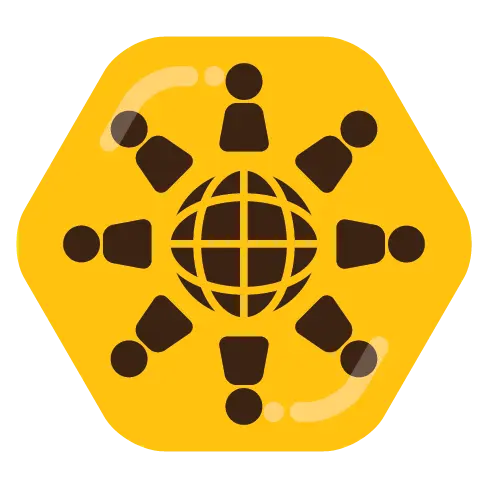- cross-posted to:
- worldnews@lemmy.ml
- politics@beehaw.org
- cross-posted to:
- worldnews@lemmy.ml
- politics@beehaw.org
🤖 I’m a bot that provides automatic summaries for articles:
Click here to see the summary
Over the past three months, on banners and T-shirts and balloons and social media posts, one piece of imagery has emerged around the world in protests against the Israel-Hamas war: the watermelon.
From New York and Tel Aviv to Dubai and Belgrade, the fruit has become a symbol of solidarity, drawing together activists who don’t speak the same language or belong to the same culture but share a common cause.
In Ramallah in 1980, the military shut down a gallery run by three artists because they showed political art and works in the colors of the Palestinian flag — red, green, black and white.
“There are stories of young men who defiantly walked the streets with slices of the fruit, risking arrest from Israeli soldiers,” Jerusalem-born author Mahdi Sabbagh wrote.
In response, Zazim, an activist group of Arab and Jewish Israelis, plastered taxis in Tel Aviv with large watermelon stickers that read: “This is not a Palestinian flag.”
While “shadow banning,” or the limited visibility of certain posts, can be difficult to discern, advocacy and nonprofit organizations studying digital rights in the Middle East say they have tracked stark biases, especially on the Meta platforms Facebook and Instagram.
Saved 84% of original text.



